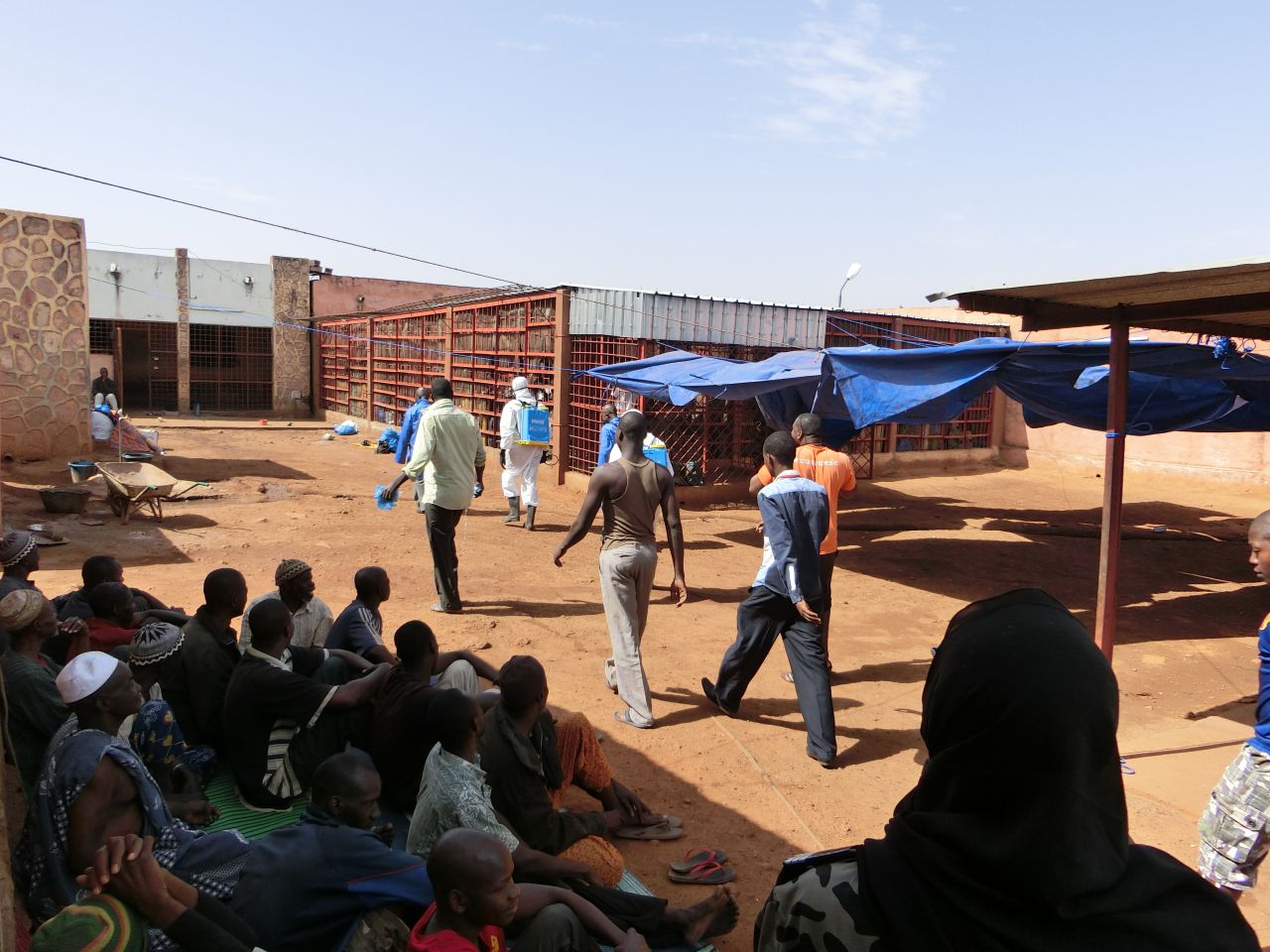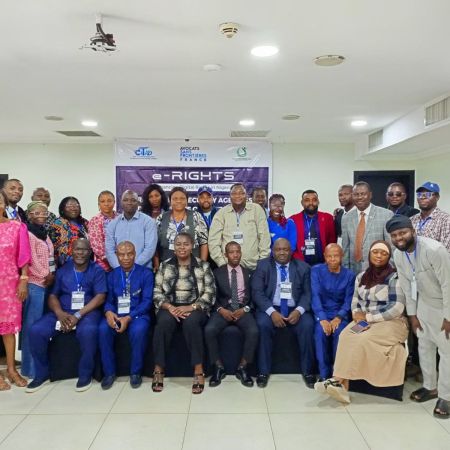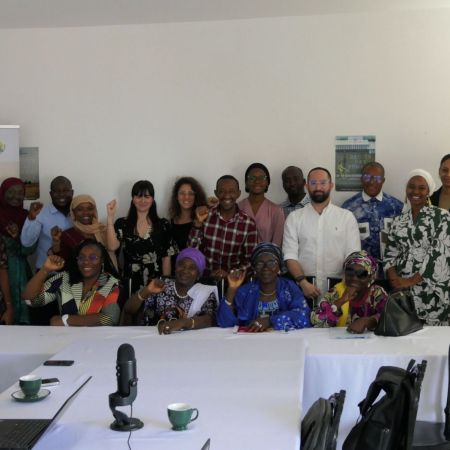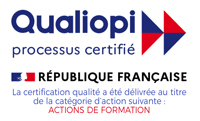Our Missions
Mali
OBJECTIVES
ACTIVITIES
Free legal consultations in prisons and legal assistance
-
Prison visits lasting 2 days and carried out by a group of 5 lawyers who are members of ASF Mali and 2 lawyers/magistrates from ASF France. -
During these visits, the lawyers hold hearings in order to hear the detainees and provide immediate solutions or advice. During interviews with detainees or persons in police custody, they also identify the most serious cases that require follow-up on the case.
-
Priority is given to vulnerable persons: vulnerable because of their age, gender, condition, impunity, isolation or stigmatisation.
-
Approximately 200 cases were followed through to the end of the procedure by the project's Malian lawyers.
Training of judicial actors
The training is intended for the actors of the penal chain involved in the prison system: lawyers, magistrates, judicial police officers (police and gendarmerie), prison staff, registry. The professional mix of judicial actors during the training courses makes it possible not to stigmatise a profession, but on the contrary to establish a dialogue, identify any obstacles that may exist, and identify good practices.
-
These trainings are led by 2 lawyers/magistrates from ASF France and 1 lawyer from ASF Mali. -
In all, approximately 300 judicial actors will have received training.
-
The training focuses on compliance with the minimum rules for detention, and on Mali's international commitments in terms of respect for human rights.
-
The content of the training is based on situations observed during prison visits.
-
After each training session, the representatives of each corps are encouraged to organise a restitution day at their respective institutions in order to multiply the benefits of the training.
Round-table discussion with the heads of the judicial bodies
A half-day round-table discussion is organised after the days of prison visits and training of judicial actors. These round tables thus complement the work and reflection undertaken during the training sessions on the minimum rules of detention.
The round tables are an instrument of dialogue and consultation: they address the problematic points during the judicial process that can lead to the violation of the rights of persons deprived of their liberty. The judicial actors decide together on resolutions aimed at disseminating new practices more respectful of these rights.
RESULTS
During these two years :
-
10 missions were carried out by ASFF and ASFM lawyers: 6 in Bamako, 2 in Kati and 2 in Kayes. -
1040 free legal consultations were delivered by the lawyers of the two associations in the following centres: MCA Bamako, Bollé Women, Bollé Minors and Kati and Kayes Detention Center; including 180 women and 91 minors.
-
208 cases of detainees were handled by the project and in particular by ASF Mali's lawyers, including 37 minors and 33 women.
-
216 actors in the penal chain have been trained (lawyers, magistrates, OPJs, bailiffs, prison staff) to respect the rights of persons in detention in Mali.
-
72 representatives of the Malian authorities and the judiciary participated in the Round Tables in order to draw up a Charter of Good Practice.
-
Nearly 500 comic strips depicting the main rights of detention were published and distributed during legal consultations to inmates, governors, prison staff, and during training.
The initial objectives of the training were to increase compliance with the minimum rules and guarantees for detention by the actors of the penitentiary chain. They worked on practical cases, notably based on situations selected during legal consultations. We also accepted some members of the Malian civil society who wished to participate in our training as well as trainee lawyers. We had the presence of high-ranking officials, such as the judge for Enfant. At the end of each session, the trainees left with a suitcase containing collections of texts and the case studies they had worked on.
The project had a real impact in terms of developing good practices. The participants will ensure the sustainability of this project by, on the one hand, having the keys to ensure effective legal assistance to persons deprived of their liberty and, on the other hand, by disseminating the good practices established by the Charter and developed during the training sessions.














